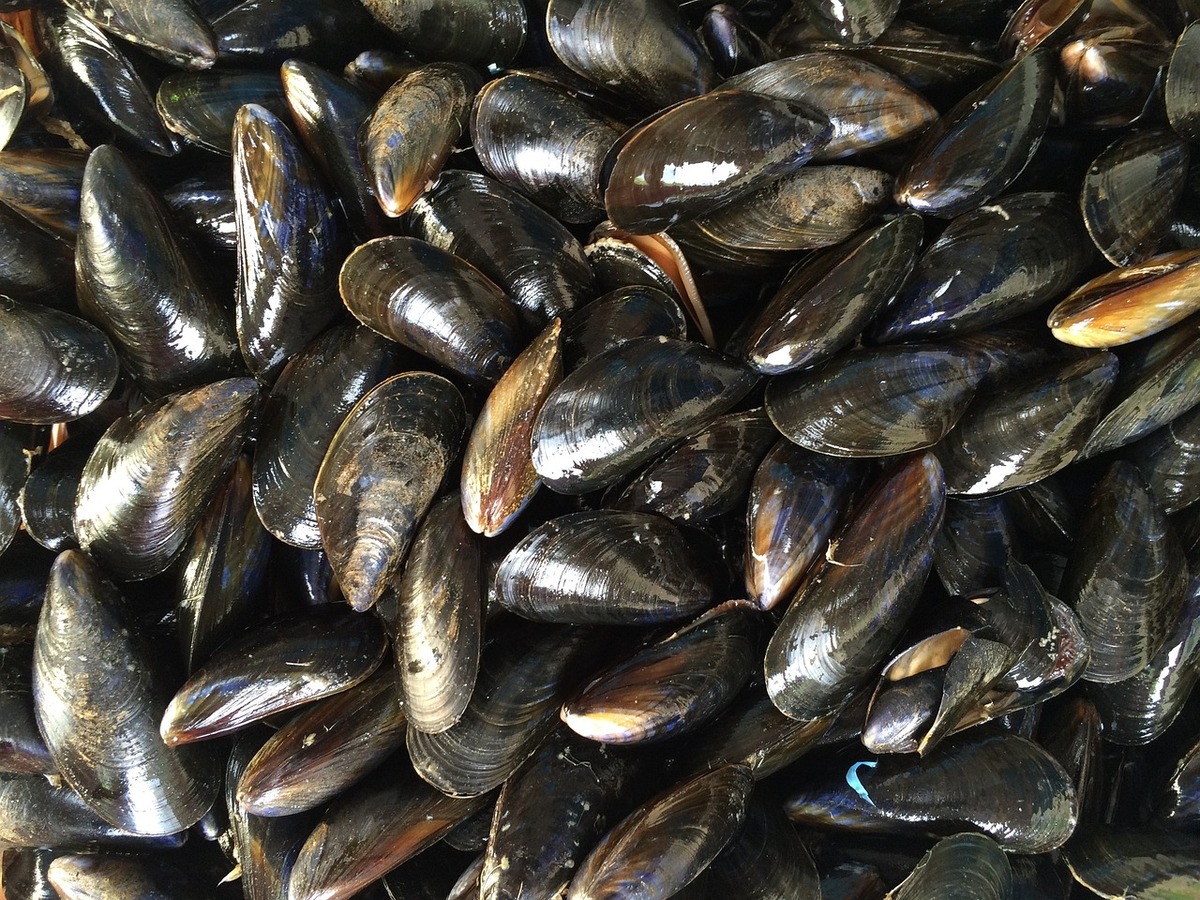Toxic Shellfish Risks: What Locals Need to Know
Staff Reporter
16 October 2024, 8:03 PM
 Stay Safe with Shellfish This Summer. Image by joycemay
Stay Safe with Shellfish This Summer. Image by joycemayWith summer just around the corner, Coasties will be hitting the beaches to enjoy fresh shellfish.
However, it’s essential to stay informed about the risks of toxic shellfish poisoning before diving in.
New Zealand Food Safety’s Vincent Arbuckle has shared key insights to help locals enjoy their harvest safely.
New Zealand hasn’t seen a toxic shellfish poisoning outbreak in a decade.
The last incident was in 2014, when 13 people fell ill.
To prevent such cases, New Zealand Food Safety monitors over 40 recreational shellfish areas for harmful biotoxins.
Shellfish samples are tested fortnightly, while water is tested weekly.
Last year alone, 17 public health warnings were issued due to unsafe toxin levels in shellfish.
It’s crucial to note that cooking doesn’t eliminate these toxins.
“Cooking will not make toxic shellfish safe to eat,” Arbuckle said.
He advised that anyone who becomes ill after eating shellfish should seek medical help immediately.
Healthline can also provide assistance at 0800 61 11 16.
Shellfish become poisonous when they consume toxic algae, which release biotoxins that build up in their tissues.
Bivalves, such as mussels and oysters, are the most affected, as they filter large volumes of water daily, absorbing these toxins.
While finfish aren’t impacted by algal toxins, Arbuckle recommends discarding the liver before cooking, as a precaution.
Interestingly, not all algae are harmful.
Phytoplankton, the microscopic algae that shellfish feed on, are mostly harmless.
However, certain species can cause toxic blooms, typically under specific conditions like high water temperatures or slow currents.
New Zealand Food Safety ramps up monitoring during these blooms to ensure public safety.
Arbuckle also highlighted the four main types of toxic shellfish poisoning in New Zealand, with paralytic shellfish poisoning (PSP) being the most severe.
Symptoms can appear within minutes and may include numbness, difficulty breathing, and, in extreme cases, respiratory failure.
As you head out to enjoy the Hibiscus Coast’s beautiful beaches this season, make sure to stay updated on shellfish safety alerts and harvest responsibly.



